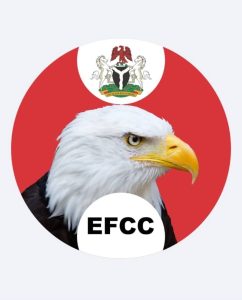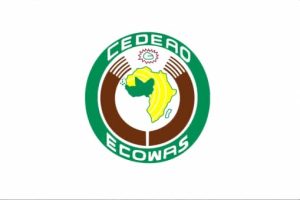In a bid to save Naira,the Central Bank of Nigeria has put up measures to reduce dollar spendings abroad.
This new policy has led to the announcement by
Banks on temporary suspension of overseas Automated Teller Machine (ATM) naira card transactions to preserve foreign exchange reserves.
The news has generated lot of controversies from Nigeria as they would no longer be able to pay using their naira mastercard for University admission fees,pay for Zoom meeting subscriptions,order goods and services and a lot of other transactions.
According to email sent by selected banks to their customers shows that henceforth, they will be suspending international transactions on its naira Mastercard from September 30,2022.
The CBN rate sheet according to the records showed that naira exchanges at N430/$1 at the Investors’ and Exporters (I&E) forex window while black market rate was at N710/$, creating N280/$ premium between both rates. This development has necessitated the CBN to act before Naira suffer more loss than expected.
There had been consistent dollar scarcity and challenges in Nigeria. Many are currently faced with this issue particularly, manufacturers and other real sector operators in sourcing foreign exchange from the economy.
Research has it that it is difficult to fund their foreign-currency denominated services, especially online forex transactions and overseas ATM withdrawals, as well as PoS usage overseas by customers.
To do overseas transaction,people may need to visit their banks and register for dollar card which would attract around 1,000 to 1,200 while annual £10 is the yearly maintaince fee. This total charges are removed before your card is processed.
Before this latest move, banks have in the past few months reduced the monthly total amount of forex-denominated transactions that customers can do, using their naira debit or credit cards via ATMs and PoS terminals abroad as well as online payments or transactions.
Nigeria’s apex bank had expressed deep concerns over the indiscriminate and suspicious manner in which some bank customers were spending dollars and other foreign currencies abroad through their naira debit cards.
This has therefore called for reduction in forex spending abroad, while it also directed that bank customers who spent above the $50,000 annual forex limit it imposed would be implemented and defaulters sanctioned.

CBN also confirmed the move was to shore up dollar reserves in Nigeria and defend the naira but despite that,people’s life depends on dollar and this is creating a big huge gap.
One of the steps embarked on by the CBN was to also curbed access to the interbank currency market for importers bringing in a variety of goods. To conserve its dollar reserves, the bank said importers could no longer get hard currency to buy 43 items, ranging from toothpicks and rice to steel products and private jets.
The banks are also turning down payment requests from customers paying business partners abroad with naira debit cards.
They are now asking customers paying clients abroad to do so in the currency of the beneficiary’s country, not in naira. The new practice differs from the previous one where lenders debited the naira accounts of customers at the prevailing exchange rate and remitted dollars equivalent to the offshore beneficiary’s account.
It was learnt that few Nigerians had taken advantage of the dollar to make a living and increase their wealth at the expense of the poor. Now,the poor no longer have the access to certain services.
It is in the best interest of the CBN to have a rethink and lower their policy which is not in the best interest of the major people.
How far can all these actions go to stimulate Naira? The burden of paying excessive commissions and other fees, how fair is it?
It was also learnt that there are other ways Central Bank can use to curtail those taking advantage of dollar at the detriment of the Nation. If you take a good look at them,it will still be the ruling class. Time would tell!
Written by Tosin Adesile























